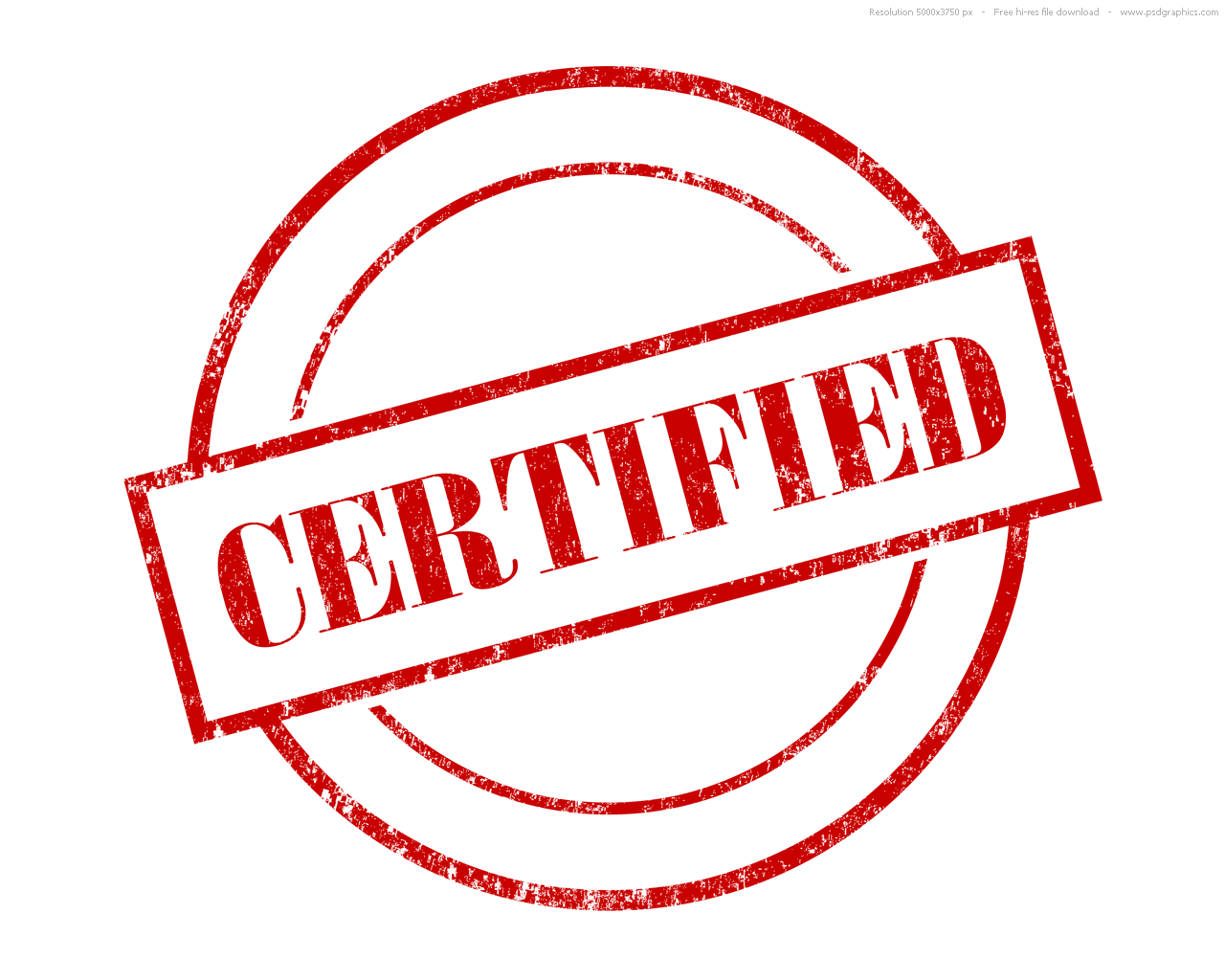Menu

 The vexed question of certification came up in conversation yesterday. We’re going through the process of creating the right support systems and quality control processes to allow us to extend training options to a larger population of trainers for Cognitive Edge methods, along with the take on of coaches for our soon to be launched 360º service. In parallel I’m finishing off material for the new Cynefin Centre Masters programme which may be called The Management Apprenticeship, although the Trump associations might trigger a switch to Journey(wo)man or similar!
The vexed question of certification came up in conversation yesterday. We’re going through the process of creating the right support systems and quality control processes to allow us to extend training options to a larger population of trainers for Cognitive Edge methods, along with the take on of coaches for our soon to be launched 360º service. In parallel I’m finishing off material for the new Cynefin Centre Masters programme which may be called The Management Apprenticeship, although the Trump associations might trigger a switch to Journey(wo)man or similar!
I faced this issue before in knowledge management and opposed the various attempts to create certificates with pretentious sets of initials to follow your name. Now within Agile at times it appears that no one is actually creating software as they spend all their time on short courses to gain various certificates which at best can record attendance at the event. I’ve always opposed and to be honest, despised people whose interest in a new field is to rapidly codify some lowest common denominator material and then package it up to make a quick buck.
Now in the new Masters we are creating a three year period of study in which the student creates a trans-disciplinary knowledge acquisition path in the humanities and sciences, then validates their learning by examination of a thesis on the application to a real world issue. In parallel they will keep a narrative based log of the work they have done, variously signed off by more experienced people in the field. That will get through a University accreditation process and the letters after the name will have some meaning.
The tentative conclusions I have come to in making notes on the flight from Atlanta to Philly are as follows:
I may need more than that, but I’m working on it
Cognitive Edge Ltd. & Cognitive Edge Pte. trading as The Cynefin Company and The Cynefin Centre.
© COPYRIGHT 2024

Following last weeks highly successful Cynefin Retreat we had a Cognitive Edge management meeting at ...
I wrote a series of posts about scaling over three year ago which in part ...